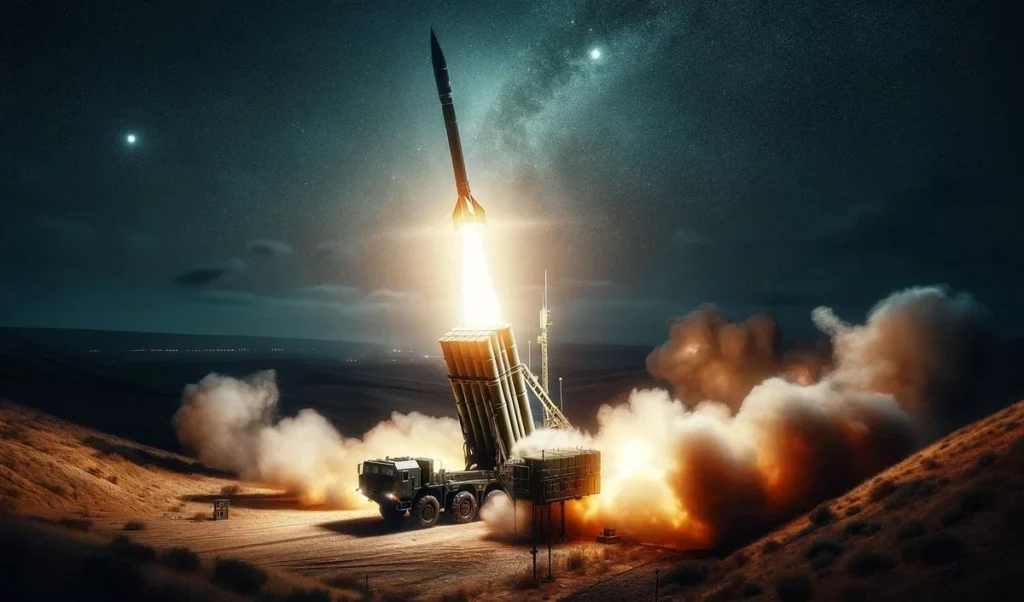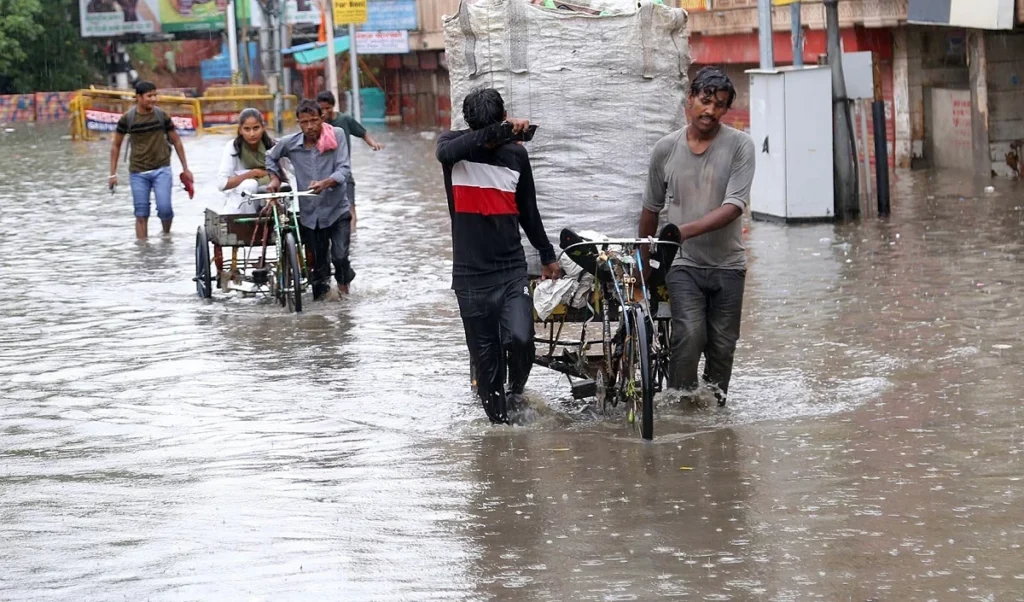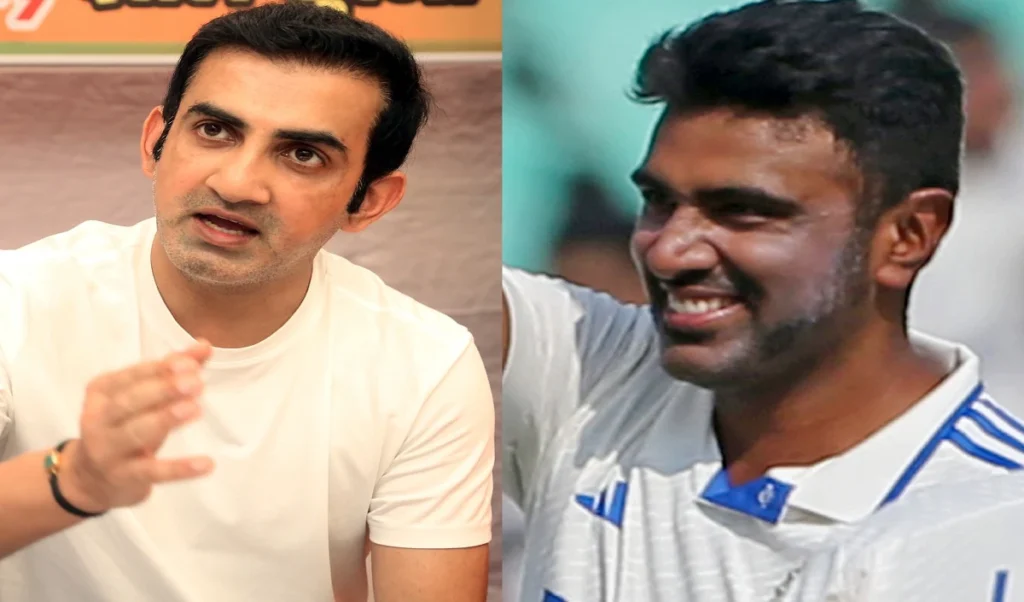On the occasion of completion of 100 days of the third term of the Narendra Modi government, the Bharatiya Janata Party has heated up the political discussion by talking about implementing its challenging resolution of ‘One Country One Election’. ‘One Country One Election’ has been discussed to strengthen India’s democracy and make the electoral process more relevant and less expensive. The way BJP is moving ahead fearlessly and rapidly in this regard, it is being estimated that the Center is getting full support of the allies. JDU, one of the two big parties, has agreed to Modi’s intention of ‘One Country One Election’. It was said that the NDA government is optimistic about implementing this important electoral reform within its current term and this optimism will give a new direction to the country. The concept of ‘One Nation, One Election’ has emerged as a possible solution to solve many challenges inherent in India’s current electoral system. Holding simultaneous elections at all levels of governance – panchayat, municipal, state and national – can bring many benefits ranging from cost-effectiveness and administrative efficiency to better governance and policy continuity. This can become the main basis for shaping the resolve of a new India, strong India and developed India and can emerge as an Amrit Achievement of the Amrit Kaal of Independence.
Although, in the absence of a clear majority, it has not been as easy to take transformative decisions in the third term of NDA under the leadership of Narendra Modi as it was in the first and second terms. But the BJP government is not so weak that it cannot implement its election promises and development-oriented action plans. If there is a courageous and charismatic leadership like Narendra Modi, then he will definitely remove the obstacles coming in the way of the plans for the benefit of the country. After a decade of development-oriented working style, even now BJP is engaged in bringing its plans to fruition along with its allies. Even though the BJP-government was seen taking a U-turn on many issues. However, despite having a weaker position in the Lok Sabha than before, the party that takes bold decisions has once again become ready to give shape to one of its main agendas ‘One Nation, One Election’. For this, the government had requested all the leaders of the ruling and opposition parties to come together. Undoubtedly, the implication of the new initiative taken by the BJP for one nation, one election is more in the national interest than in politics.
Also read: Breaking: One Nation One Election proposal approved, government will bring bill in winter session
Certainly, implementing the plan of ‘one country one election’ will be a big challenge for the NDA because this time the opposition is stronger and united than before. There is no doubt that it is logical that the effort of one nation, one election will bring certainty in governance. On the other hand, repeated elections are expensive. Secondly, due to the implementation of long code of conduct in each state, development work also gets hampered. Along with this, there is unnecessary expenditure of manpower apart from the wastage of energy of the government-administration and security forces. The total government expenditure in the last Lok Sabha elections was Rs 6600 crore, which may be justified considering a diverse and huge country like India, but such huge expenses due to repeated elections definitely put a burden on the country’s economy. The root of corruption in India is also the costly election system because when a candidate for the assembly or Lok Sabha becomes a public representative by spending crores of rupees, then after winning, he will first try to recoup his huge expenses. Therefore, the actual talk should be about the improvement of the entire election system. But when this is discussed, there is silence in all the political parties. But the ruling party and the opposition should make a consensus on this issue by keeping the national interest in mind rather than their own political interests. A positive attitude should be adopted on this by keeping in mind the question of availability of election machinery and security forces for a transparent and fair election and efforts should be made to make a consensus by keeping all its aspects in mind.
As the world’s largest democracy, India has always been a blend of political ideologies, diverse cultures and a vast population. With each passing election cycle, the nation witnesses a mega-kumbh of democratic fervour, where millions of people exercise their right to vote and elect their representatives. However, amid this vibrant democratic process, the debate on the coordination of elections at various levels—local, state and national—has gained momentum in recent years. Prime Minister Narendra Modi, in his speech on his decade of governance and in his Independence Day address from the ramparts of the Red Fort last month, had strongly advocated ‘one country, one election’ and said that frequent elections were hampering the progress of the country. He had urged political parties to ensure the progress of the nation from the Red Fort and with the national tricolour as witness. In the election manifesto released by the BJP ahead of the recently concluded Lok Sabha elections, it had included ‘one country, one election’ as one of the key promises.
A high-level committee headed by former President Ram Nath Kovind recommended simultaneous elections for the Lok Sabha and state assemblies as a first step in March this year. The committee consulted with national and state political parties and invited the views of the common people and jurists with possible recommendations. The committee also recommended holding local body elections within 100 days of the Lok Sabha and assembly elections. Apart from this, the Law Commission can also recommend simultaneous elections from 2029. Actually, the talk should be about reforming the entire electoral system. But while talking about this, all political parties are faced with personal interests and the mathematics of winning elections. This is the real irony of India. Whenever there is talk of holding elections at government expense, this path is termed impractical. Whereas this system is working successfully in democracies like Germany. In South Africa, elections to the national and provincial legislatures are held simultaneously every five years, while municipal elections are held every two years. In Sweden, elections to the national legislature, provincial legislatures/county councils and local bodies/municipal bodies are held on a fixed date, i.e., the second Sunday of September every fourth year. In the UK, the Fixed-term Parliaments Act, 2011 was passed to provide a sense of stability and predictability to the British Parliament and its terms. It provided that the first election would be held on 7 May 2015 and thereafter every fifth year on the first Thursday of May.
When the tradition of ‘one nation-one election’ is being implemented successfully in many countries of the world, then why are there so many ifs and buts in implementing it in India? By implementing it in the country, the government can focus more on governance i.e. development planning instead of being in election mode every few minutes. This will also save time and resources. Holding simultaneous elections will also increase the voting percentage, because it will become easier for people to cast multiple votes at once. Along with all these conditions, the loss to regional parties and other conditions due to simultaneous elections will also have to be taken into consideration. Because in an ideal and strong democracy, it is also important to provide equal opportunities to all political parties.
– Lalit Garg
Author, journalist, columnist



